Instruments
Our laboratories and Devices
Single-Cell Isolation
Our isolation laboratory is equipped with the best laser micro-dissection microscopes for quick and accurate single-cell isolation even in high throughput mode. We utilize our in house developed software framework to automate the whole process.
Zeiss PALM system
The LMD microscope utilizes catapult-based laser technology. During laser ablation the motorized stage moves around the contour to isolate it. This approach offers quick, precise and contact-free isolation of large structures.
Leica LMD6 & 7 systems
By contrast to Zeiss PALM, Leica LMD microscope uses gravity-based collection. To excise the Ai selected regions, highly precise optics guide the laser beam along the contour. The above mentioned features enable isolating single-cells or even subcellular structures such as chromosomes in a high-throughput manner. LMD7 is an upgraded version of LMD6 which is able to excise thick tissue sections with adjustable laser power and frequency.
Pathology Lab
Our pathology lab has everything you need for efficient, reliable and automated tissue preparation.
Leica TP1020 Benchtop tissue processor
An appliance responsible for dehydrating and paraffinating the tissue samples, that provides the first basic step in tissue processing.
HistoCore Arcadia Embedding Center
With the help of an embedding center a tissue sample can be embedded in paraffin add cooled down for sectioning.
HistoCore MULTICUT
Semi-Automated Rotary Microtome
A semi-automated microtome is capable of creating even 2 um thin sections with its sharp and precise blades
Leica ST5010 Autostainer XL
The Leica Autostainer XL is the best solution for automated tissue staining, offering precision, efficiency, and reliability in order to achieve enhanced productivity.
Leica CM1860 UV Cryostat
Suitable for fresh frozen samples, when time or the lack of chemicals are of the essence.
High-Throughput microscopy
P1000
The 3DHISTECH Pannoramic 1000 scanner microscope is a large-capacity imaging system designed for high-throughput slide scanning in pathology and research laboratories. With its unprecedented 1000-slide capacity it offers a fast and reliable way of whole-slide scanning. Working with this system enables a “walk-away” scanning method, since slide loading and scanning are fully automatic along with tissue and coverslip detection, making the lab workflow more efficient.
P250
The 3DHISTECH Panoramic 250 offers fast scanning and high-throughput not only in brightfield imaging, but also in fluorescence screening. Its loading capacity is up to 300 slides, while changing between brightfield and fluorescent mode is only a mouse click. The scanning is fully automated, we just have to load and unload the magazines without stopping the imaging. Sample-preserving capabilities are also included in the model minimizing the risk of photobleaching during the process, making the microscope a reliable source for everyday scanning with exceptional image quality.
High-Content Screening Microscopy
The Operetta high-content screening (HCS) system manufactured by Perkin Elmer provides a fully automated bench-top solution for advanced cellular imaging. High-speed multiwell imaging enables screening of large drug libraries, facilitating efficient drug discovery and development processes. The HCS system has all important features such as resolution and sensitivity to characterize the phenotypic fingerprints on fixed and live cell assays with brightfield and fluorescence modes.
3D -oid screening
The Leica TCS SP8 Digital Light Sheet Microscope is extensively employed in biological research, notably in the domains of 3D live-cell imaging and developmental biology. The digital light sheet technology illuminates the specimens with a precise, thin sheet of laser light, allowing single-cell resolution at deeper layers of the sample. The fast imaging time and the reduced phototoxicity and photobleaching enable long-term live-cell imaging for capturing the dynamic changes of cells. Its latest patented solution introduces a high-content screening capability designed for 3D cell cultures, including spheroids, organoids, and tumoroids, enabling long-term imaging studies.
Software
Software We USE
BIAS
The Biological Image Analysis Software is developed by our partner, the Single-Cell Technologies Ltd. BIAS is a highly capable, customizable and automated image processing tool and we utilize it in our image analysis workflows.
SCIMS
Single Cell Information Management System is developed by our partner, the Single-Cell Technologies Ltd. SCIMS is an integrated solution for managing samples, protocols and associated data.
By integrating SCIMS with BIAS running as a service our lab can schedule processing of microscopic images.
